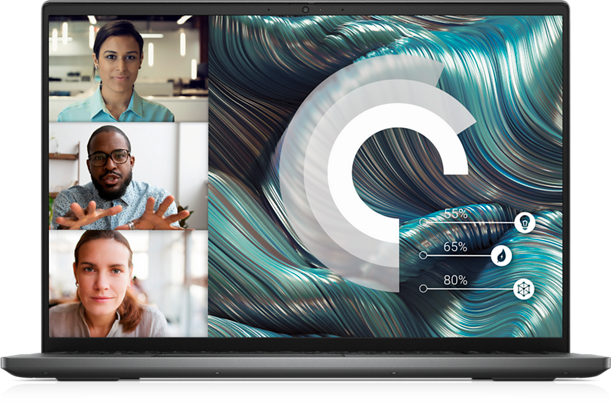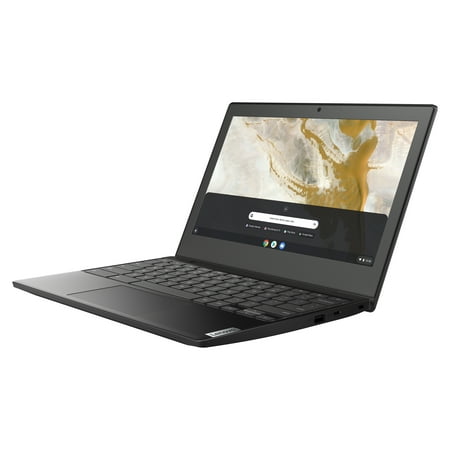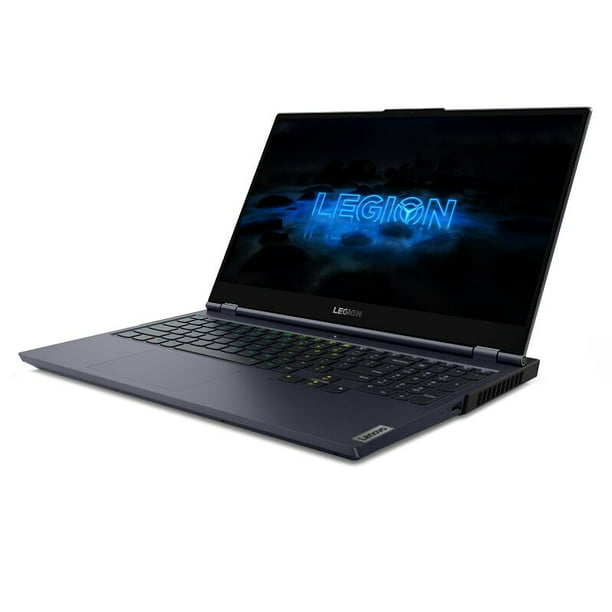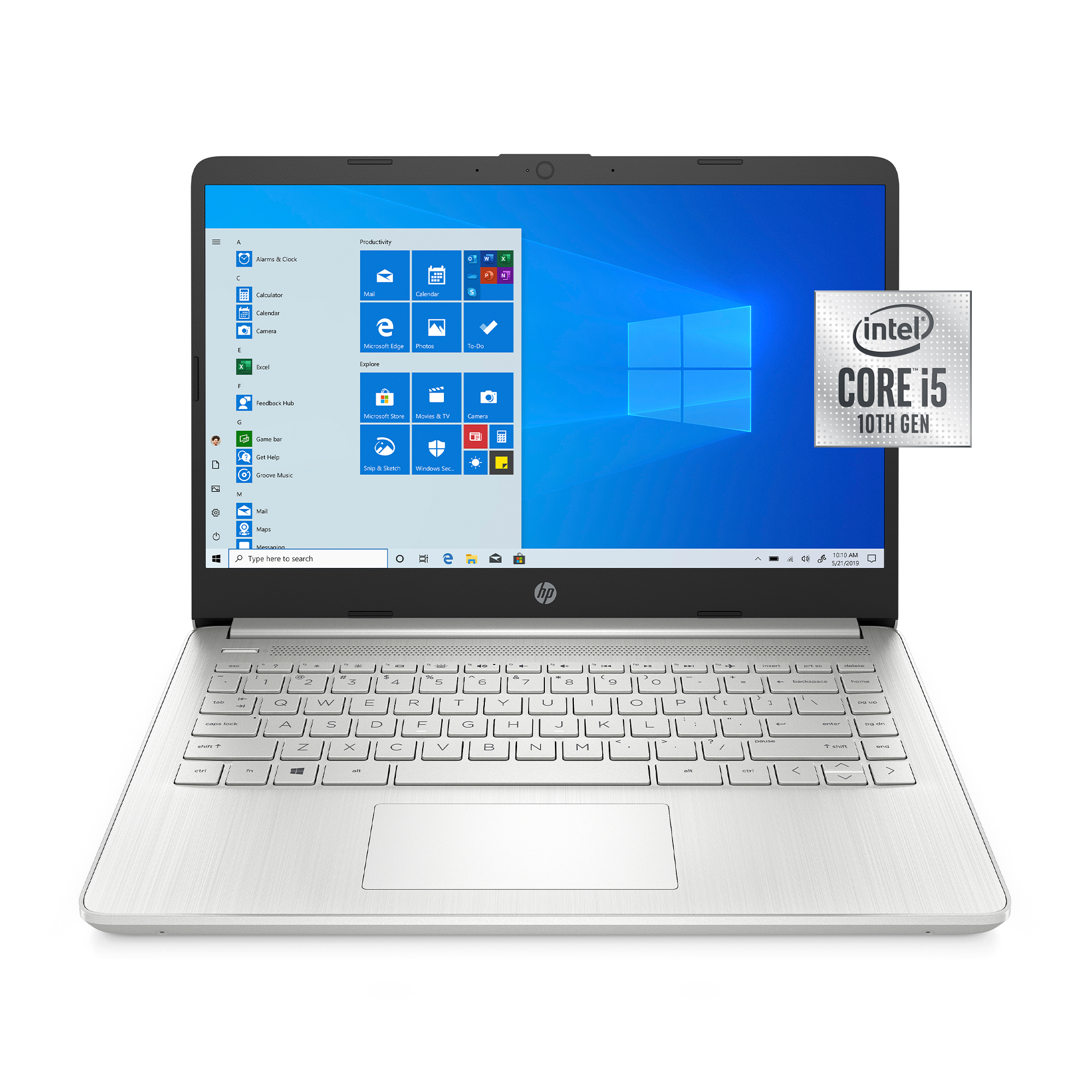Dell Vostro 7620 Business Laptop – with 12th gen Intel Core – 16″ FHD Screen – 24GB – 1T
Dell Vostro 7620 16-Inch Laptop featuring 16:10 aspect ratio, Intel<sup>®️</sup> Core™️ i7 Processors & ComfortView technology, or view all Vostro laptops.
Packed with speed. Loaded with power.
A robust thermal management system unleashes the power of your device while also preserving its thin design. Your laptop employs two fans and three heat pipes, as well as four vents for optimal heat dispersion. And, adaptive thermals optimize power according to your device’s location, whether it’s on a stable surface like a desk or an unstable surface like your lap. Using advanced algorithms and accelerometers, your device intelligently adapts its power and thermal profiles to the situation to keep your device running smoothly.
Built for peace of mind
Designed for productivity
Alternatively, enjoy an even better front of screen experience when you opt for either an FHD+, 300 nit panel or a 3K, 300 nit panel, both with Dell ComfortView Plus. Dell ComfortView Plus is a certified TÜV Rheinland* Low Blue Light Hardware solution that reduces harmful blue light emissions without sacrificing color quality.
In addition, with up to WiFi6e, you now get even greater network reliability and flexibility, which means faster downloads, easier sharing and smoother streaming.
Improved video conferencing
Layered with security
Meanwhile, the optional fingerprint reader with Windows Hello allows you to easily and securely log in with just one touch. For added protection, a wedge-shaped lock slot provides an extra layer of security.
Their latest. Our greatest.
An inspiring new look and feel makes for a calmer desktop. Snap assistant helps focus your workflow while desktops allow you to organize your open windows.
Call, chat, and make plans come to life with Teams on Windows 11* right from your PC regardless of what computer or phone or tablet they are on.*
Additional information
| Height (rear) | 0.75 in. (18.99 mm) |
|---|---|
| Height (peak) | 0.79 in. (19.95 mm) |
| Height (front) | 0.67 in. (16.95 mm) |
| Width | 14.05 in. (356.78 mm) |
| Depth | 9.92 in. (251.90 mm) |
| Weight (minimum) | 4.32 lb (1.96 kg) |
| Weight (maximum) | 4.46 lb (2.02kg) |






by Andrew
So far everything has worked great. The only issue I have is that the battery life seems to be a little short.
by Susan
I recently upgraded to a Vostro 7620 with a 12th gen i7, 12700H with 24 GB RAM. This computer is THE BOSS. It easily handles multitasking with lightning speed and zero glitches. I opted for the NVidia GeForce RTX 3050, which delivers superior clarity and color. If you are seeking durability, performance, and superior optics – buy it today!
by Eric
I purchased the laptop from the web site. It was easy to find what you want, then you can add or subtract options. Very competitive on the price.
by Chris
Great laptop. Fastest laptop I’ve ever used. Works great for any gaming I want to do as well as any applications I use for my engineering program. Battery life is okay but could be better.